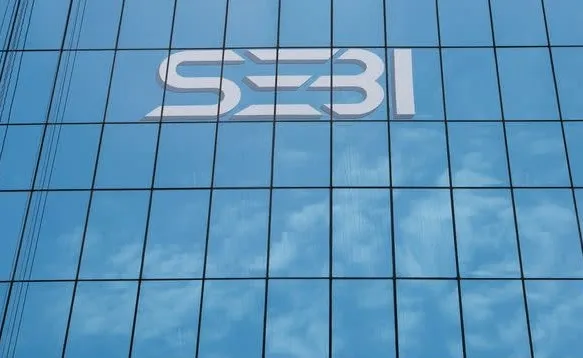Have SEBI Eased IPO Rules for Startup Founders to Retain ESOPs?

Synopsis
Key Takeaways
- SEBI now allows startup founders to retain ESOPs before IPO filings.
- This change aims to ease the IPO process for startup leaders.
- Founders can hold benefits granted at least a year prior to filing.
- The move addresses challenges faced during the listing process.
- It promotes a smoother transition for companies relocating to India.
Mumbai, Sep 9 (NationPress) In a significant advantage for startup founders aiming to go public, the Securities and Exchange Board of India (SEBI) revealed on Tuesday that it has revised its regulations to permit promoters to maintain their employee stock options (ESOPs) that were granted at least a year prior to submitting IPO documentation.
The official announcement states that employees identified as promoters or part of the promoter group in the IPO draft can now hold or exercise ESOPs, Stock Appreciation Rights (SAR), or any equivalent benefits, as long as these were allocated at least one year before the IPO filing.
Previously, SEBI's regulations forbade promoters from holding ESOPs or comparable share-based incentives.
Those founders who possessed such benefits were required to liquidate them before filing the draft papers for an IPO, complicating the process for startup leaders designated as promoters.
The regulatory body indicated that this update aims to alleviate the challenges faced by founders during the listing procedure, particularly for companies relocating their base from overseas to India through a method known as reverse flipping.
This initiative is anticipated to streamline the IPO process for startups and offer flexibility to founders who were awarded ESOPs before embarking on public listing plans.
Furthermore, earlier this week, the market regulator adjusted settlement timelines for the equity and derivatives sectors due to settlement holidays announced on September 5 and 8, 2025, by clearing corporations.
As per SEBI, the settlement for the cash and Securities Lending and Borrowing Mechanism (SLBM) segment for trading days on September 4 (Thursday) and September 5 (Friday) will occur on September 9 (Tuesday).
“The settlement for transactions on September 8 (Monday) and September 9 (Tuesday) will be finalized on September 10 (Wednesday),” the market regulator stated on Monday.








